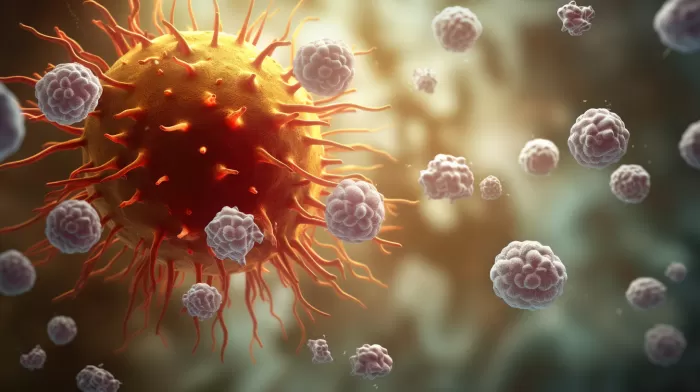The immune system serves as our body’s natural defense mechanism against various illnesses and infections. When properly balanced, it works to ward off harmful microorganisms like bacteria and viruses while still protecting our healthy tissues. However, when conditions such as lupus, Crohn’s disease, or certain types of arthritis are present, the immune system may turn against healthy tissues, causing inflammation and damage.
In the field of immunology, researchers work tirelessly to understand the intricacies of the immune system and develop effective treatments for maintaining its proper balance. Three scientists, in particular, have made groundbreaking discoveries in this area, earning them the prestigious 2011 Nobel Prize in Physiology or Medicine. This award was jointly bestowed upon Bruce A. Beutler of the Scripps Research Institute in California, French biologist Jules A. Hoffmann, and Ralph M. Steinman of Rockefeller University in New York.
Recognition of Harmful Microorganisms by Receptor Proteins
The work of Beutler and Hoffmann has focused on receptor proteins, which play a crucial role in the immune system’s ability to recognize and respond to potentially harmful microorganisms. These proteins serve as a sort of “early warning system” for our bodies, alerting the immune system to the presence of invaders like bacteria, viruses, and other dangerous pathogens.
Their research revealed that certain receptor proteins are able to identify and bind to specific molecules found on the surface of these microorganisms. Once the receptor proteins detect these “foreigners,” they signal the immune system to launch a response. In this way, our bodies can mobilize a targeted defense against various invaders, braking the spread of infection and promoting healing.
Dendritic Cells: Activating and Inhibiting Immune Activity
The research conducted by Ralph M. Steinman has focused on a specific type of immune cell known as the dendritic cell. These cells are key players in the immune response process, responsible for activating or inhibiting immune activity as needed.
Dendritic cells are found in many areas of the body, including the skin, nose, intestines, and lungs. They act as sentinels, constantly scanning their surroundings for foreign substances or dangerous pathogens. When they encounter such a substance, they engulf it and present it to the immune system for further evaluation.
Steinman’s work has shown that dendritic cells play a crucial role in determining whether the immune system should launch a full-scale response or stand down. As such, they are instrumental in ensuring that the immune system remains both vigilant and measured in its actions, preventing overreactions that could lead to autoimmune diseases or chronic inflammation.
The Potential for Novel Treatments and Vaccines
The groundbreaking research conducted by Beutler, Hoffmann, and Steinman has tremendous implications for the future development of novel treatments and vaccines to combat a wide range of autoimmune conditions. By identifying the specific mechanisms that enable the immune system to recognize and respond to threats, researchers can now target these pathways, working to develop therapies that modulate the immune system’s activity in precise, effective ways.
For instance, understanding how receptor proteins recognize harmful microorganisms could pave the way for the creation of new vaccines designed to “teach” the immune system to recognize and act against specific pathogens. Similarly, studying the role of dendritic cells in controlling immune responses may lead to the development of novel treatments capable of curbing overactive immune reactions, reducing the symptoms and damage associated with autoimmune diseases.
In summary, the incredible work of these three scientists has provided invaluable insight into the inner workings of our immune system, opening the door for the development of new treatment strategies and therapies aimed at keeping our immune system in check. Their research undoubtedly deserves the honor of the Nobel Prize, and their contributions will continue to shape the future trajectory of immunology and medicine as a whole.



